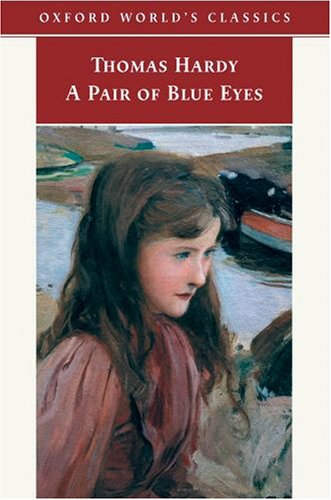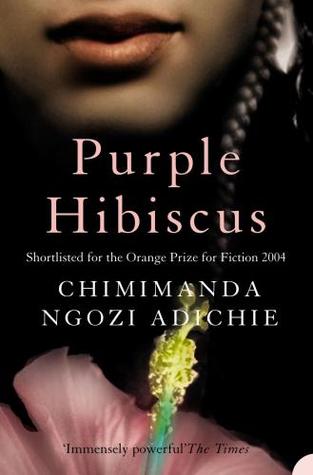Thomas Hardy's
A Pair of Blue Eyes was supposed to be my last classic of 2014, but due to a series of library mishaps, it took a little longer to get a copy than I planned. And then, when a copy finally did come, I wasn't sure I still wanted to read it. Fortunately, once I started, the plight of Hardy's main character, Elfride Swancourt, kept me reading to the end (even though, in typical Hardy fashion, this novel does not have a happily-ever-after ending).

Inexperienced and unworldly, Elfride Swancourt is the one with eyes as "blue as autumn distance...a misty and shady blue that had no beginning or surface, and was looked into rather than at." The daughter of a vicar, she meets Stephen Smith, an architect's apprentice, when he comes to survey their church; the two quickly fall in love, but Stephen's parents are too low in station for Elfride's father to consent to their marriage. So, they elope to London instead. Only Elfride backs out at the last moment and returns home, undiscovered and unmarried. But that one moment of youthful haste and indiscretion comes back to haunt her later in life.
"I did not see all the consequences," she said.
This seems to be a theme of Hardy's. Tess of the D'urbervilles and Jude the Obscure did not "see all the consequences" either. And unhappiness followed. It makes me glad I live in a world where forgiveness and redemption and second chances are possible, and not in a Hardy novel, where they're not. I have to say that while this particular novel will never be my favorite, I always appreciate Hardy's style of writing and how he never fails to expand my vocabulary with words like penetralia, tergiversation, and couchant. As for his characters, I think I had the most sympathy for Stephen Smith, and some for Elfride as well, that young lady whom children looked upon "as an unusually nice large specimen of their own tribe than as a grown-up elder"; but I'm afraid I couldn't drum up any sympathy for Elfride's other suitor, Henry Knight. I didn't really like him at all. So, that's my last classic of 2014 finally completed. I think the next Thomas Hardy novel I read will be either
Far From the Madding Crowd or
The Woodlanders. But that might not be for awhile. So, until then...
Happy Reading!








